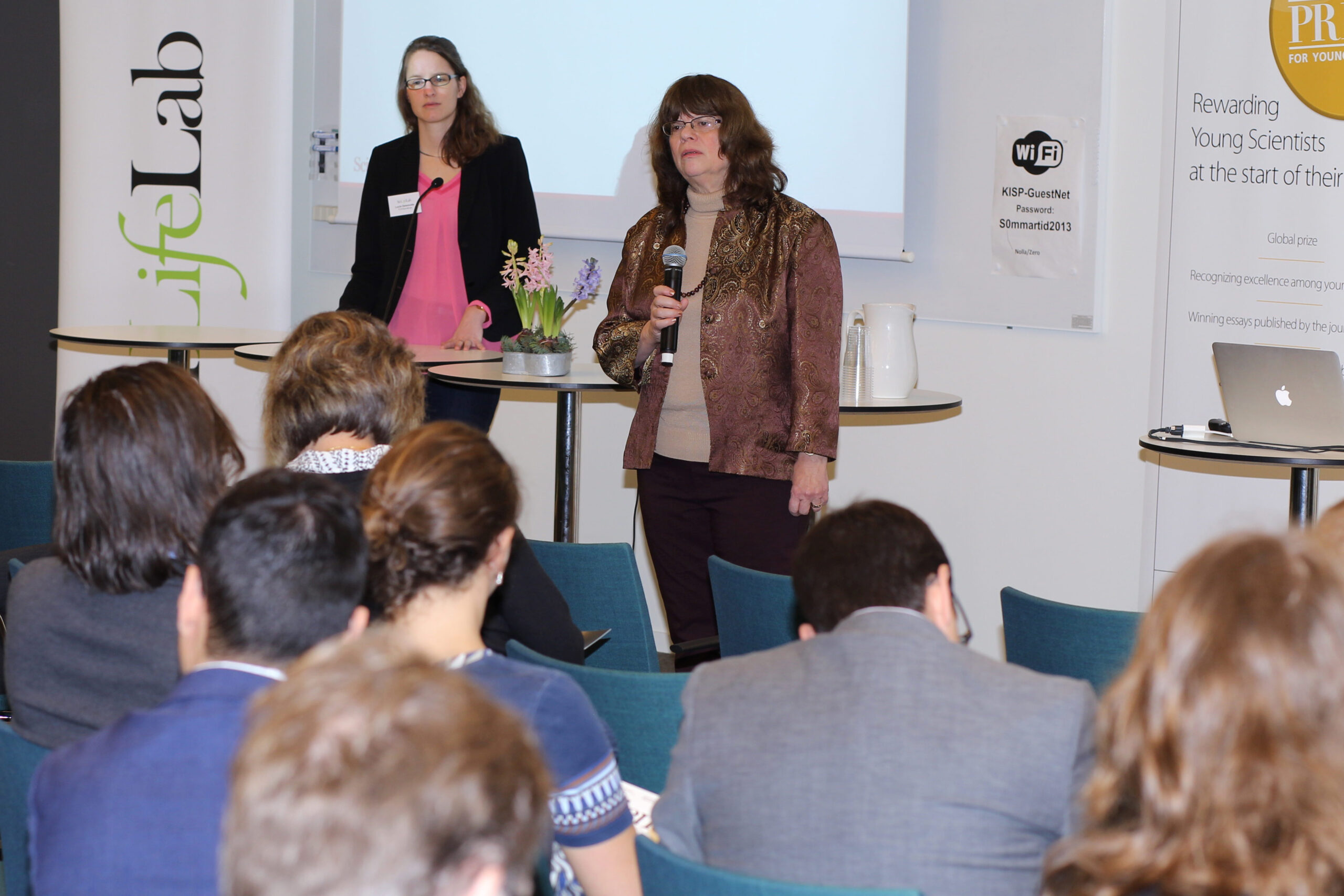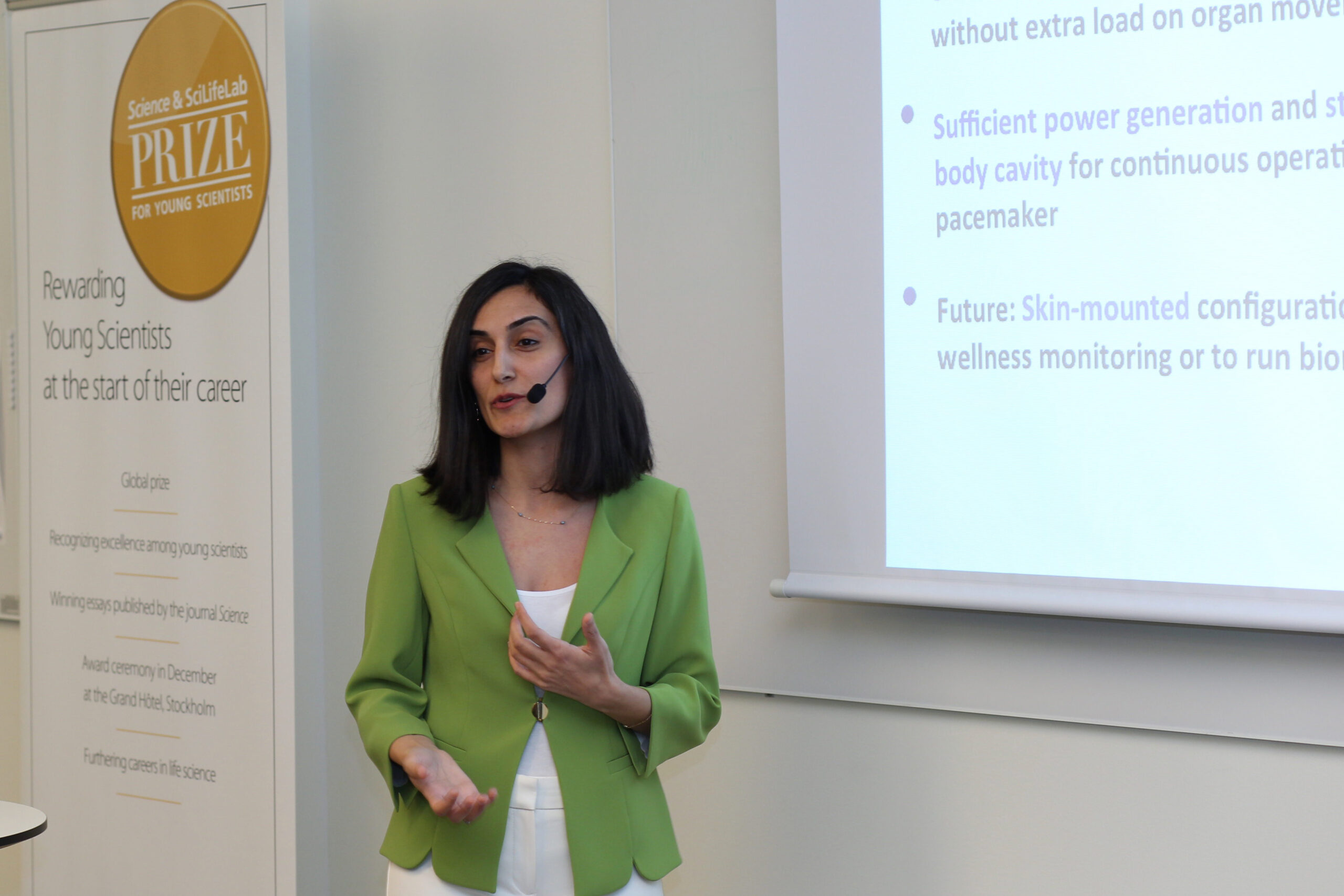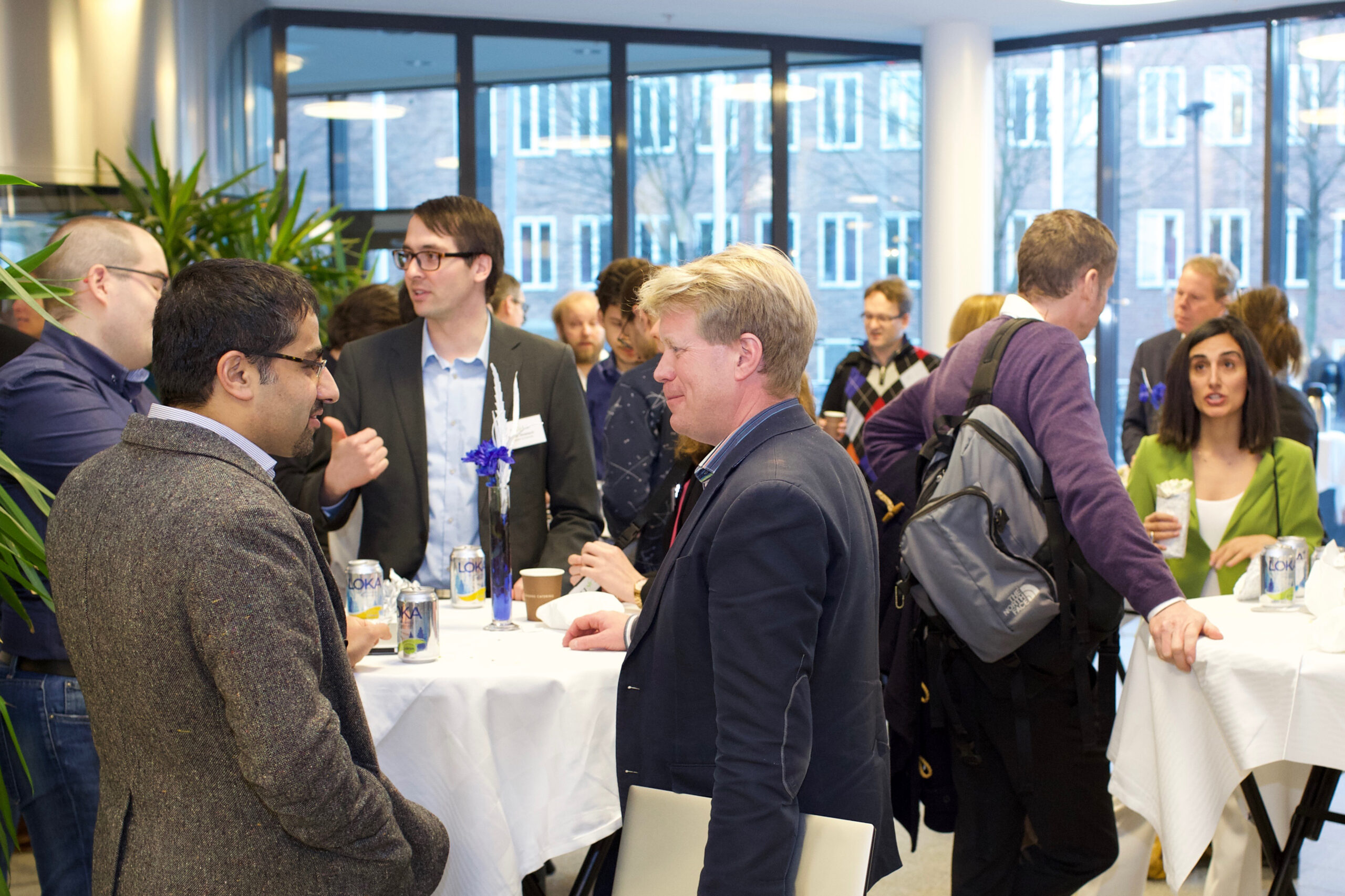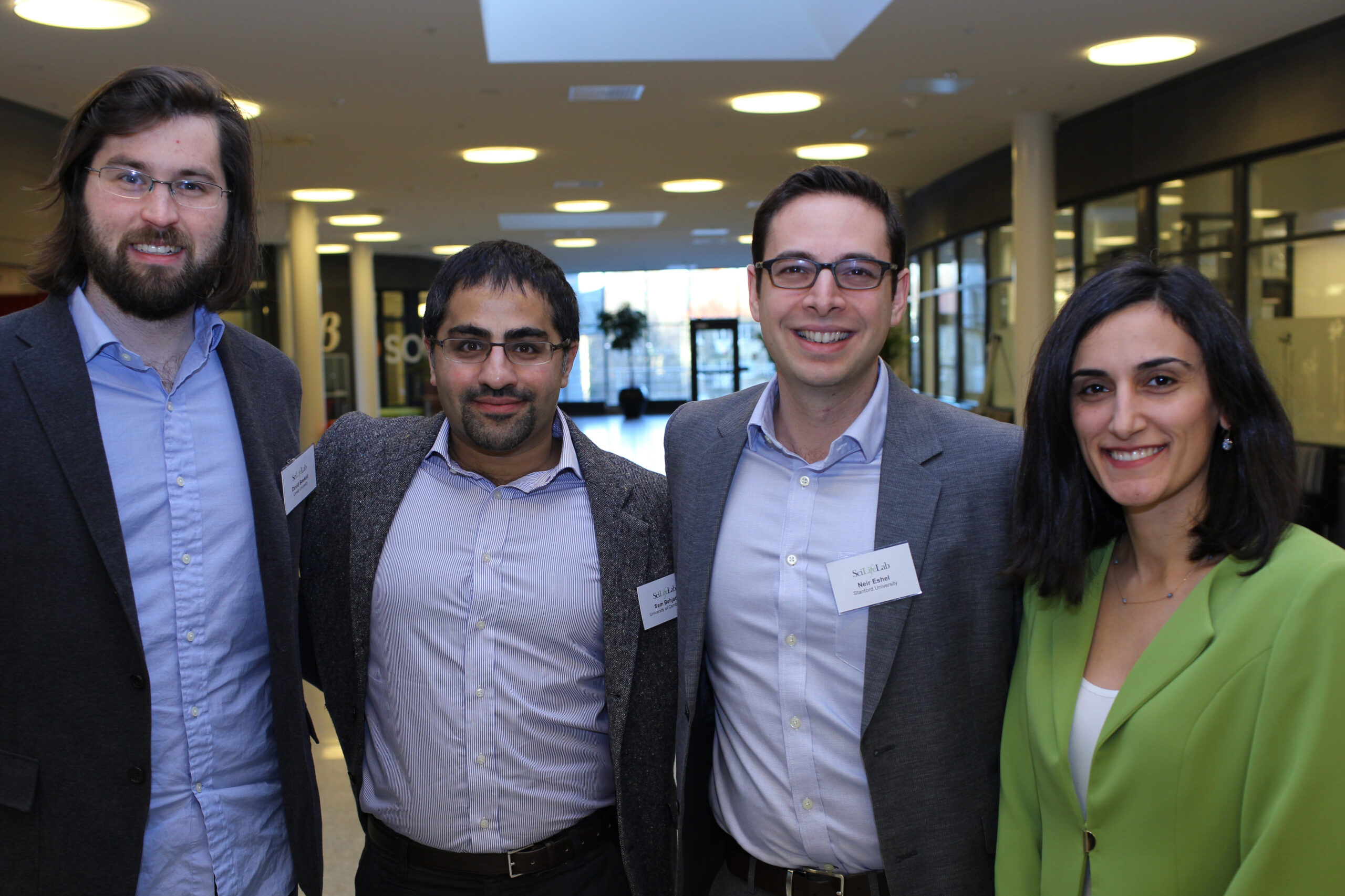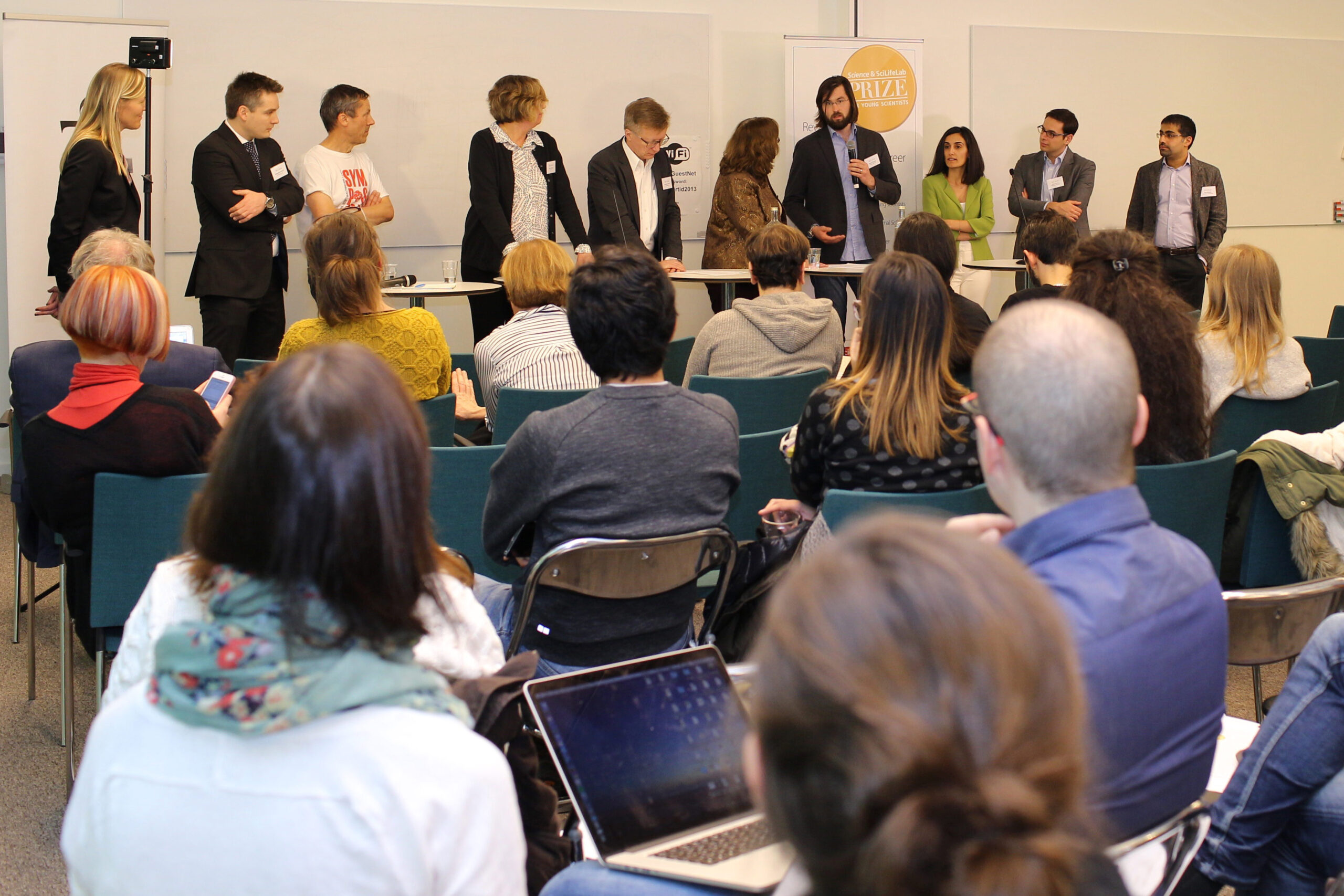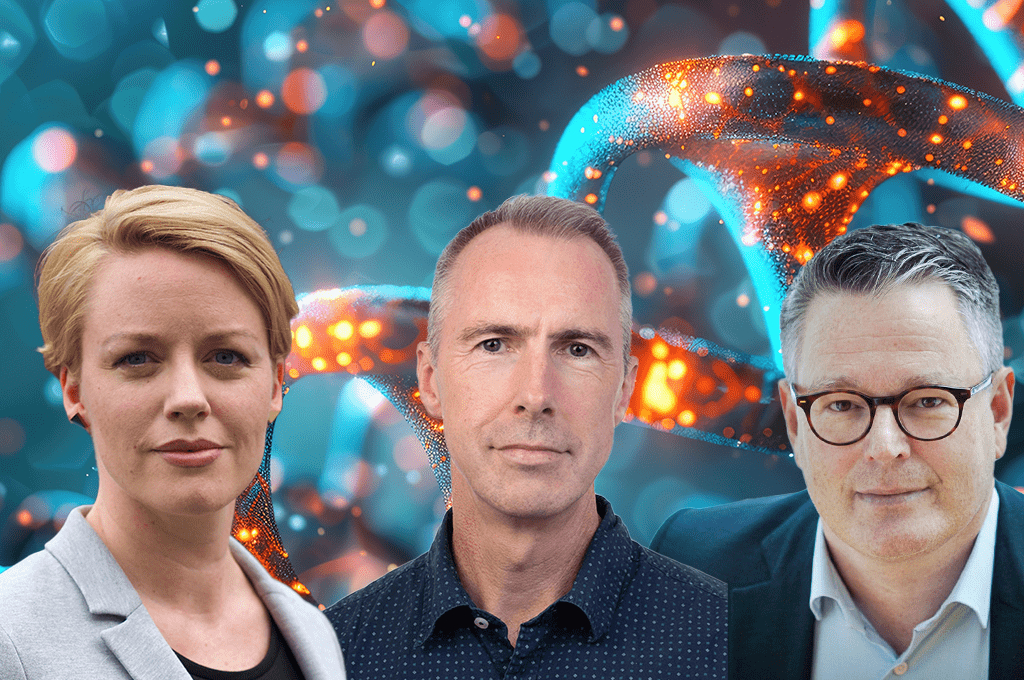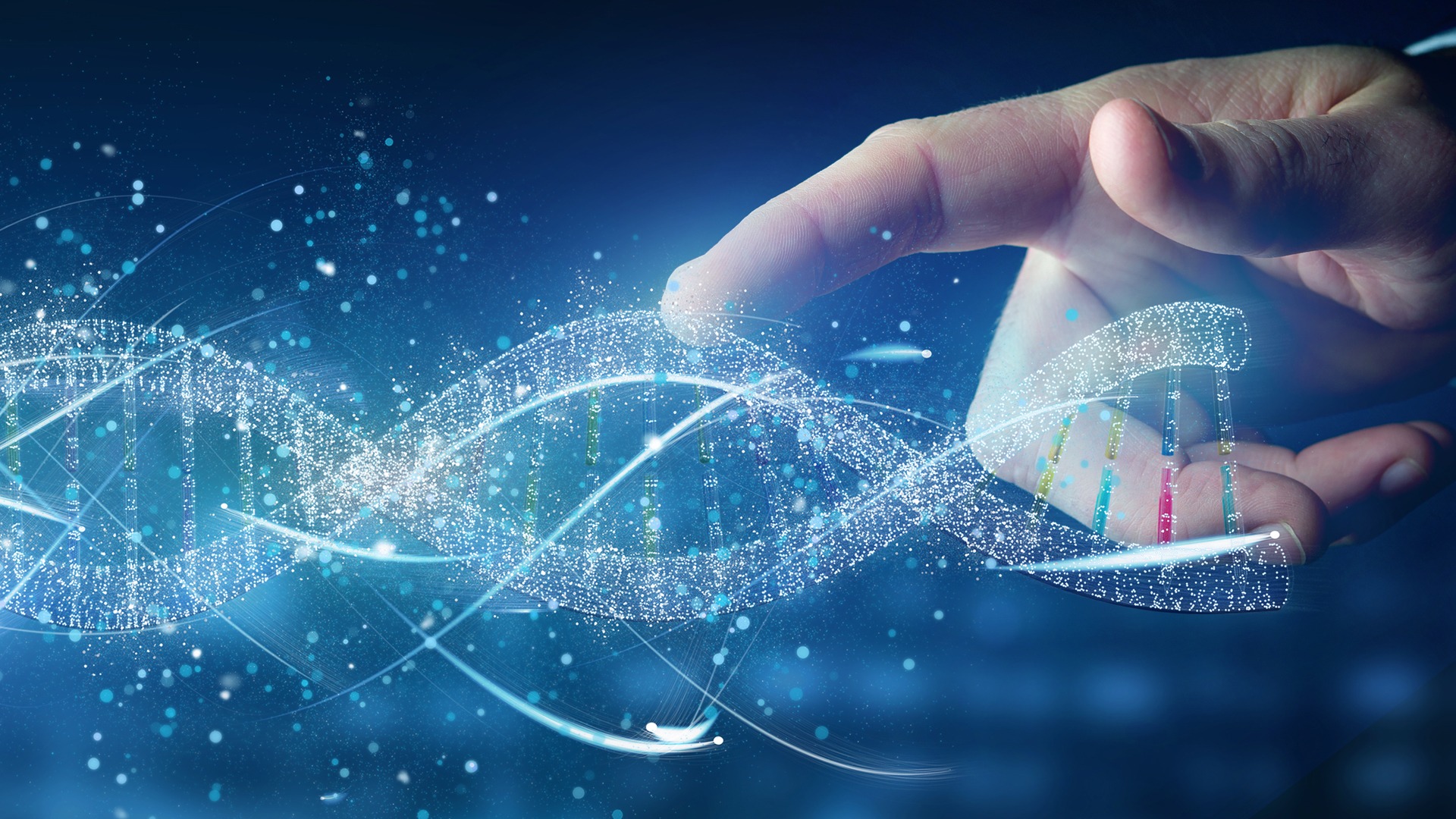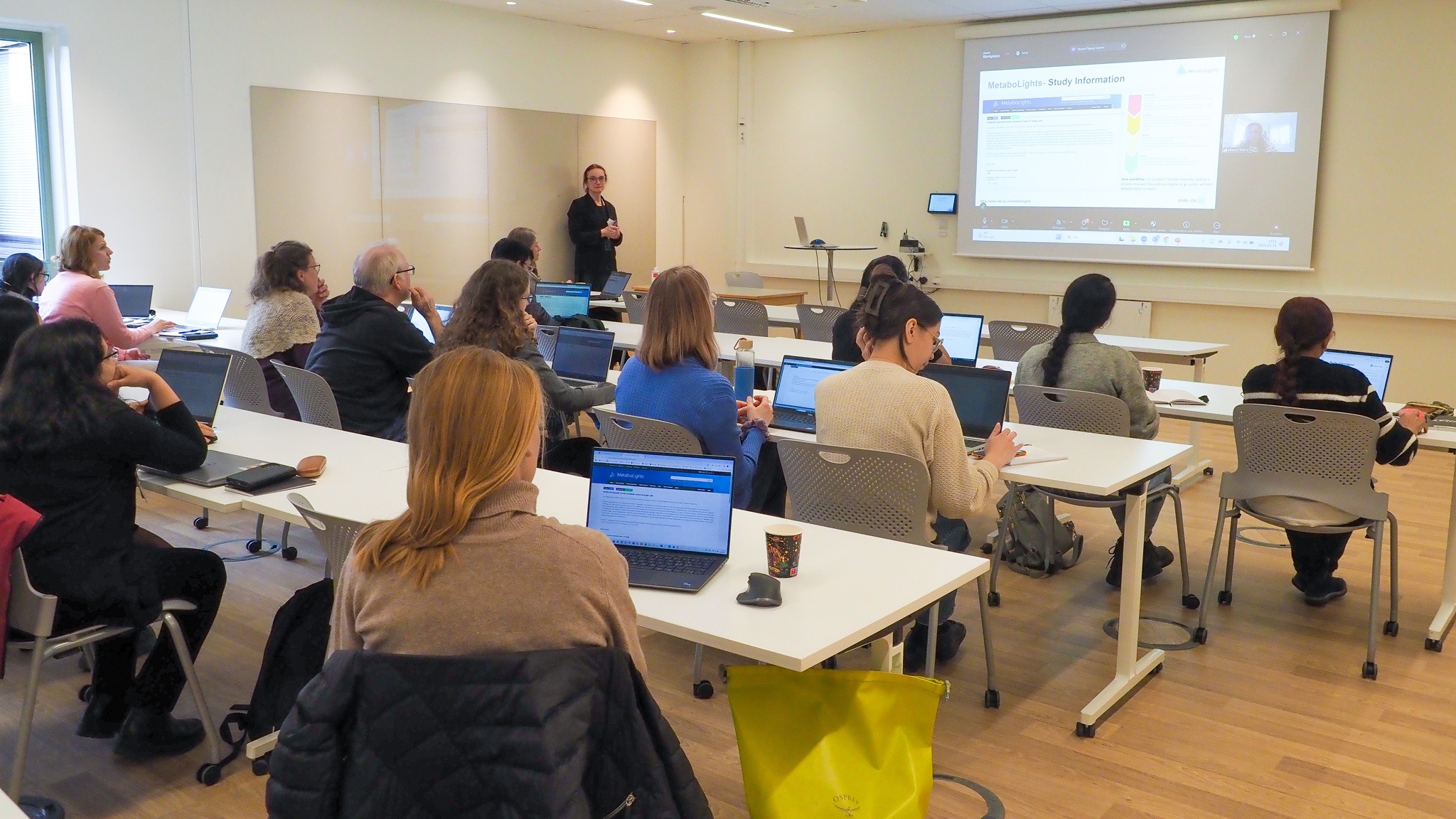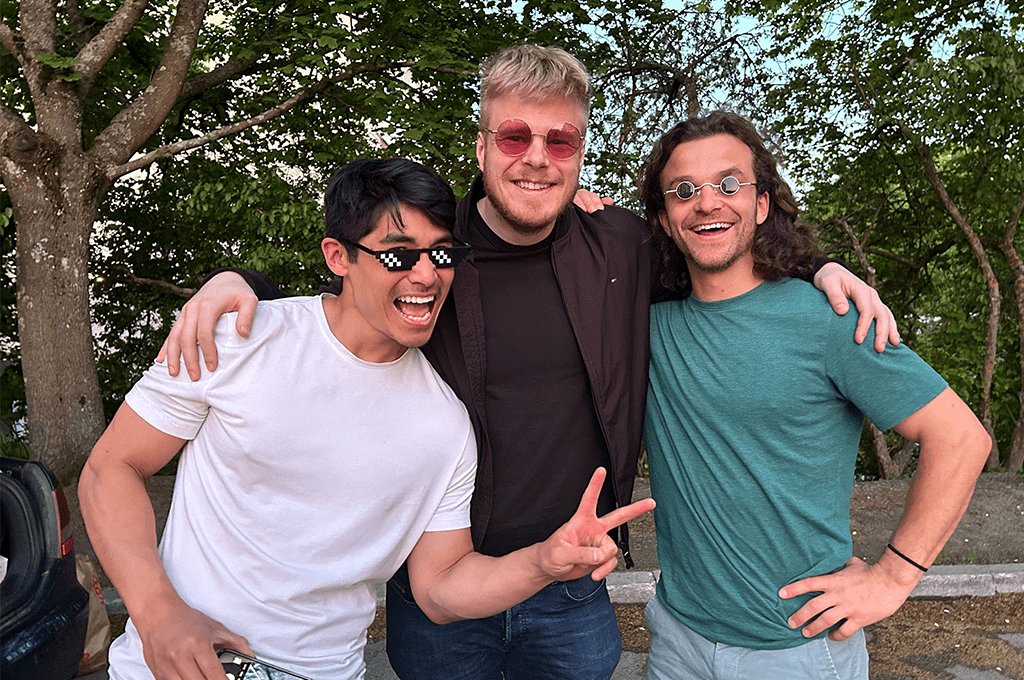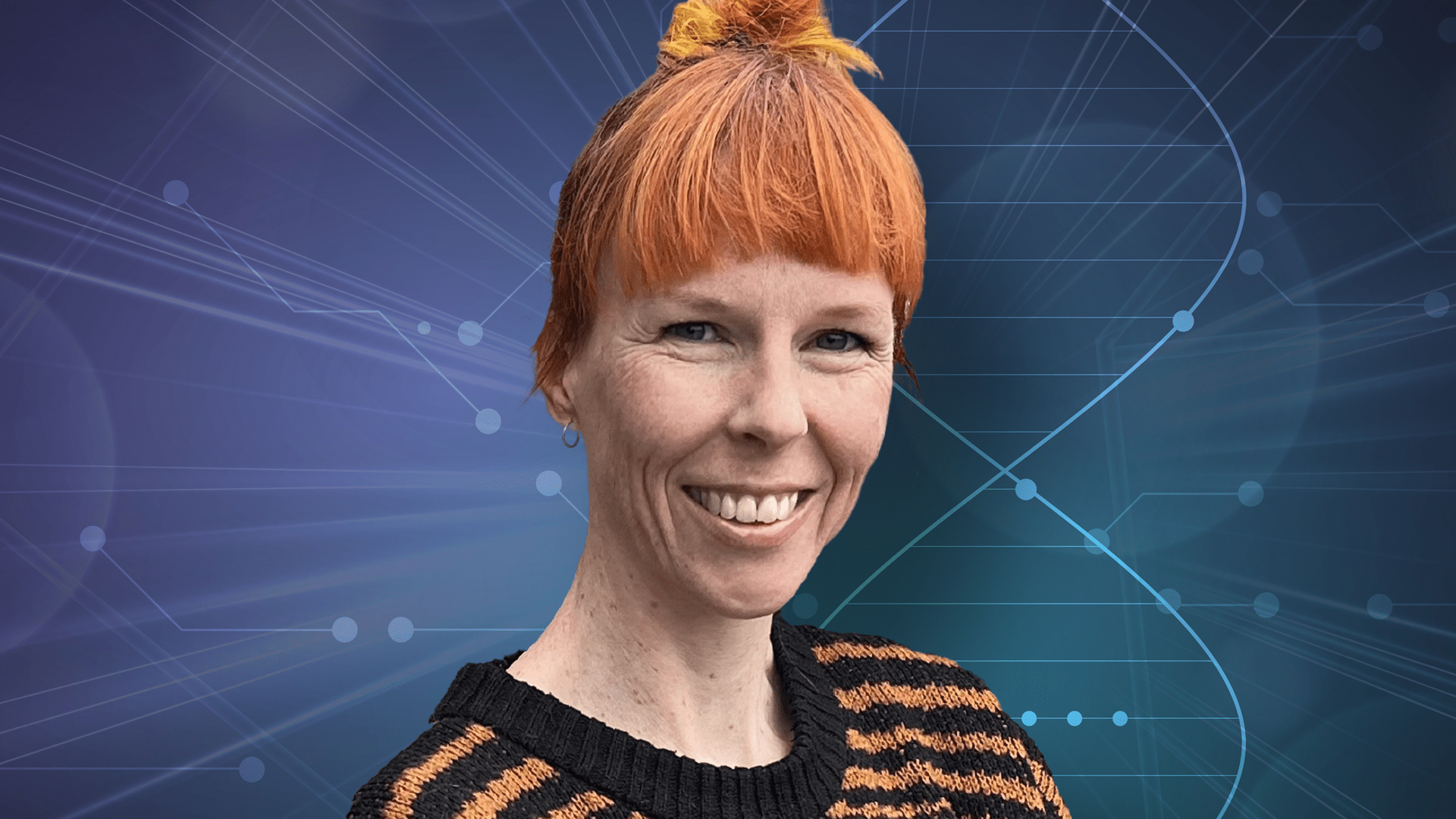Popular symposium with praised young researchers
On December 9, the four winners of Science & SciLifeLab Prize for Young Scientists held presentations about their research at SciLifeLab in Solna. Almost 100 people came to listen to the young researchers as well as to Editors from Science who also presented during the seminar.
Director Olli Kallioniemi opened the symposium and was followed by Barbara Jasny, Deputy Editor Emeritus at Science, who held a presentation on Collaborative Research and Reproducibility in the Age of Big Data. To improve the standards on data publishing Science has held a series of workshops to develop stronger guidelines involving transparency, open access and verification. These guidelines are however problematic in collaborations with the industry so Science has decided to include in their letter to authors that all data should be available after publication of an article.
“The need to have reproducible data has never been more critical but there are challenges to engage people to make and publish reproduced studies”. said Barbara Jasny. “Almost 50% of published studies are not reproducible and Science wants to change reverse this trend. One step towards this is that we have started to publish all materials and methods online so that people cannot claim that there is not enough space to include this in the printed version of the article”.
Barbara Jasnys talk was followed by presentations from the four prizewinners. Canan Dagdeviren, category winner in Translational Medicine, told her personal story on why she started her research career:
“My grandfather passed away in heart disease when he was 28 years old and I promised myself that I would have done something to improve the life for heart-patients when I had reached the same age.” Said Canan Dagdeviren.
Inspired by Pierre Curie and his discovery of piezoelectricity, Canan Dagdeviren has developed a soft, flexible device that could be placed in the patient’s clothes, directly on the skin or even on the heart muscle. When the muscle contract, piezoelectric current is created which can be used to power other medical devices, like a pacemaker.
After lunch and mingle, the audience listened to a presentation called Opportunities and Challenges of Multidisciplinary Science from Valda J. Vinson, Deputy Editor, Research at Science. She named two successful examples of multidisciplinary research taken from SciLifeLab: The Human Protein Atlas led by Mathias Uhlén and the work of Johan Elf and colleagues to use both quantitative physical models and biological observations to understand the key steps in transcription, translation and replication.
“Never underestimate the added value from brining scientists from different perspectives together”. Said Valda Vinson.
The symposium was closed after a panel discussion.
